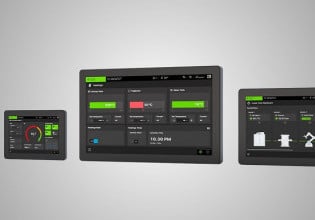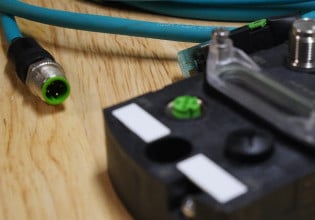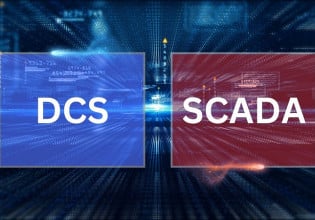B
A bit of a rant here.
We got an RFQ to do some ongoing field support and modifications to an existing control system. It has a SLC5/05 and an HMI.
Further investigation of the HMI revealed it is a hacked together system of a bunch of off the shelf software products tied together with a VB program.
How the heck is anyone supposed to support something like that? It would be cheaper to rip it out and start over than to spend the 2-4 weeks it will take to become proficient in using what was done, assuming I can even get source code and that there are legal software licenses in place.
If you are an end user, beware of these kind of things. The low up front price can be attractive but the long term costs can be staggering, especially if the guy that put it all together in his basement goes out of business.
--
Bob
http://ilbob.blogspot.com/
We got an RFQ to do some ongoing field support and modifications to an existing control system. It has a SLC5/05 and an HMI.
Further investigation of the HMI revealed it is a hacked together system of a bunch of off the shelf software products tied together with a VB program.
How the heck is anyone supposed to support something like that? It would be cheaper to rip it out and start over than to spend the 2-4 weeks it will take to become proficient in using what was done, assuming I can even get source code and that there are legal software licenses in place.
If you are an end user, beware of these kind of things. The low up front price can be attractive but the long term costs can be staggering, especially if the guy that put it all together in his basement goes out of business.
--
Bob
http://ilbob.blogspot.com/






